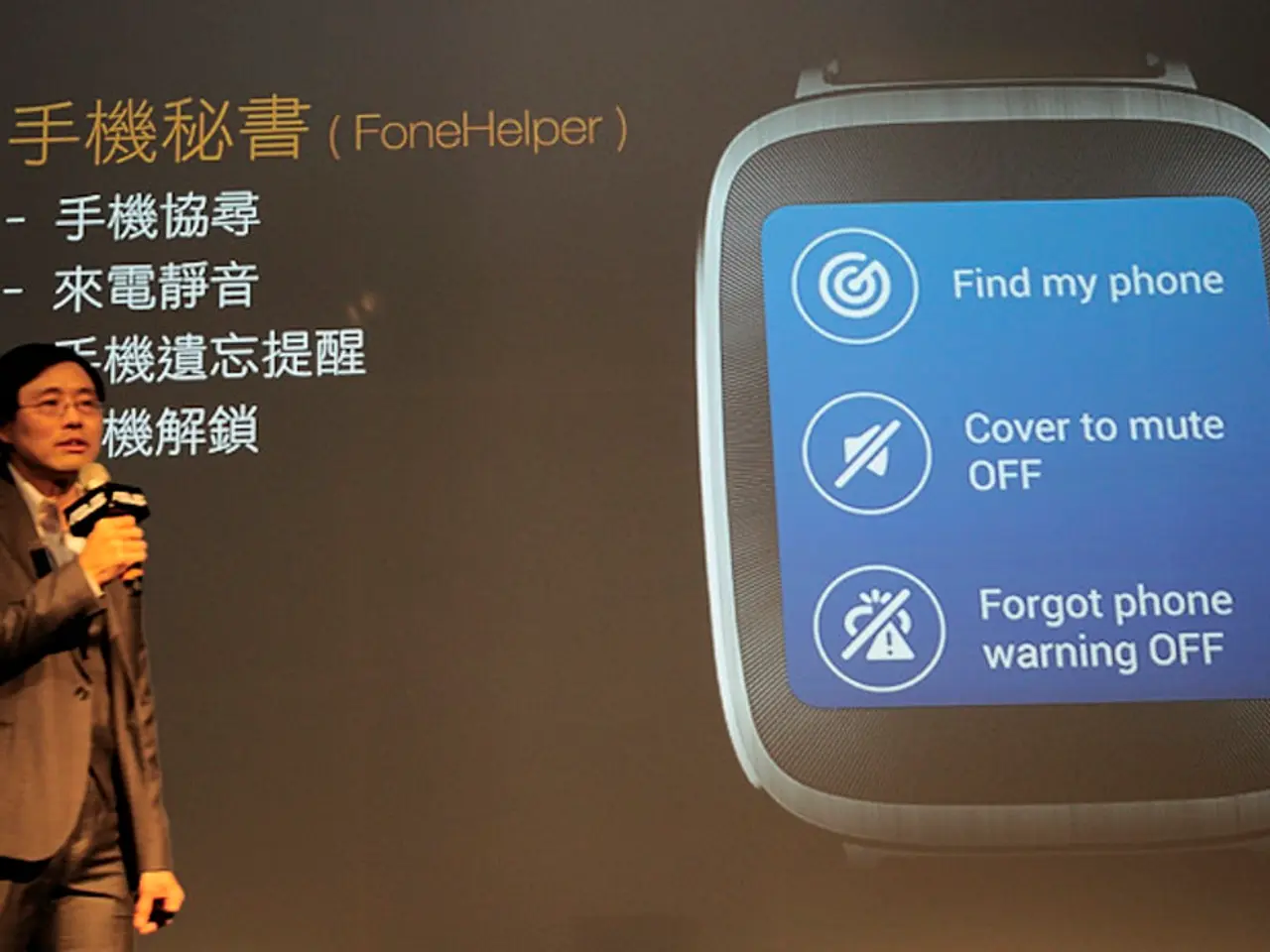AI-Empowered Digital Health Aides Boosting Distance Health Surveillance
The U.S. health intelligent virtual assistant market is on track to reach an estimated $1.87 billion by 2030, driven by the increasing demand for continuous care, virtual consultations, and AI-driven healthcare automation. This projection is based on detailed and recent reports, which highlight the growing integration of AI virtual assistants in various healthcare sectors [1][4].
Globally, the Health Intelligent Virtual Assistant market is expected to grow from $4.16 billion in 2025 to approximately $11.56 billion by 2030, demonstrating a compound annual growth rate (CAGR) of around 22.68% [3]. The U.S. market figure may reflect a more specific segment or different market definitions compared to the broader global figure, which encompasses a wider range of healthcare applications and regions.
AI virtual health assistants offer numerous benefits, making them an essential tool for healthcare providers. They provide 24/7 support that is both accessible and cost-effective for people managing chronic conditions. These assistants excel at predictive analytics, identifying health issues before they require emergency intervention, and becoming proactive healthcare partners that offer personalized care experiences [2].
One example of an AI virtual health assistant is Pillo Health's Medication Management System, a voice-activated system that provides personalized medication reminders, tracks medication usage, and identifies potential drug interactions [2]. Another is Woebot Health's Mental Health Support System, an AI chatbot trained in cognitive behavioral therapy techniques for immediate support of anxiety, depression, and stress management [2].
AI virtual assistants handle several important jobs, including sifting through massive amounts of patient information, identifying patterns and red flags, providing health education tailored to each person, helping patients remember to take their medications, and suggesting lifestyle changes based on their specific health data [2]. They also deliver real-time, intelligent support to patients through natural language processing (NLP), assisting in symptom assessment, scheduling appointments, and providing personalized health insights [2].
However, the implementation of virtual health assistants in remote patient monitoring comes with challenges such as data privacy and security concerns, integration with existing systems, patient engagement and adoption, accuracy of AI predictions and health monitoring, regulatory and compliance challenges, and ensuring the reliability of follow-up care protocols [2].
Despite these challenges, AI virtual health assistants are positioned to become fundamental components of value-based healthcare, creating intelligent, accessible, and proactive care that anticipates patient needs rather than simply reacting to them [2]. They provide continuous, real-time engagement, improving patient compliance with medication and health regimens, and reducing administrative burden on providers [2].
In conclusion, AI virtual health assistants are poised to play a significant role in the future of healthcare, offering personalized support around the clock, providing health education tailored to each person, helping patients remember to take their medications, and suggesting lifestyle changes based on their specific health data [2]. The future of AI-powered virtual health assistants includes next-generation healthcare AI that uses advanced language models to handle complex patient conversations, provide multilingual support, and adapt communication styles to different cultural backgrounds [2].
- The integration of artificial intelligence in mental health support systems, such as Woebot Health's Mental Health Support System, is a testament to the growing role of AI-driven healthcare in addressing issues like anxiety, depression, and stress management.
- As the science behind nutrition and fitness-and-exercise evolves, AI virtual health assistants are equipped to deliver health education that is personalized, tailored to each person's unique requirements.
- With technology advancing at an unprecedented pace, the future of AI virtual health assistants promises next-generation AI that employs advanced language models, enabling them to handle complex patient conversations, provide multilingual support, and adapt communication styles to various cultural backgrounds.




